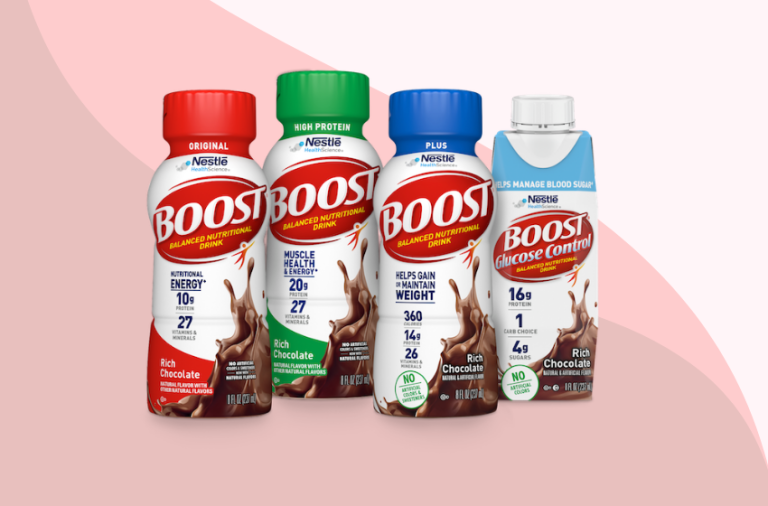Eating Almonds During Pregnancy: What to Know
Are you expecting and wondering if it’s safe to eat almonds during pregnancy? The short answer is yes! Eating almonds while pregnant is beneficial for both mom and baby. Read on to learn about the benefits, side effects, and other considerations for eating almonds during pregnancy.
Table of Contents
- Overview of Almonds and Pregnancy
- Raw Almonds
- Roasted Almonds
- Other Almond Products
- Benefits of Almonds for Pregnancy
- Side Effects of Almonds
- The Bottom Line
Overview of Almonds and Pregnancy
When it comes to eating almonds during pregnancy, the good news is that pasteurized or roasted almonds are safe for consumption! In the US, almonds must be treated to remove pathogens, so the risk of foodborne illness is low. Eating almonds while pregnant is beneficial as they are a good source of protein, potassium and zinc, as well as an excellent source of vitamin E and other minerals.
The recommended serving size for pregnant women is ½ oz, or 12 kernels. While almond oil is not recommended for topical use, almond flavorings in sweets or drinks have low levels of toxicity, making them a great option for an occasional treat.
Raw Almonds
Pasteurized raw almonds are safe for consumption, though not technically considered “raw” due to the pasteurization process. Soaking almonds can make them easier to digest, however unpasteurized sweet almonds are not safe for pregnant women.
It’s best to avoid these if you’re expecting and go for pasteurized and roasted almonds instead.
Roasted Almonds
Roasted almonds are safe to eat during pregnancy, though the high sodium content can add to the risk of high blood pressure and renal functions.
Be mindful of how the almonds are cooked, as roasting with oil can add unhealthy fats. To limit sodium intake, opt for roasted almonds without salt or oil.
Other Almond Products
Other almond-based products such as almond butter, flour and meal are safe for consumption when pregnant as long as they are properly stored. Soaked or sprouted almonds can also be consumed if proper sterilization methods are observed.
Almond milk is an excellent alternative to cow’s milk for pregnant women, and can be enjoyed with a sprinkle of cinnamon for added flavor.
Benefits of Almonds for Pregnancy
Almonds are a great source of nutrition for pregnant women, offering many benefits.
Vitamin E, for example, helps protect cells from damage. Calcium can help prevent colon cancer and kidney stones, while magnesium and phosphorus help keep bones, muscles and blood vessels healthy.
Fiber helps regulate carbohydrate use and reduce bloating, while unsaturated fatty acids help to keep cholesterol low. Almonds also phosphorus, biotin, as well as omega-3 fatty acids which are important for the baby’s brain and eyes.
Plus, there’s folic acid which helps prevent neural tube defects. With so many benefits, it’s no wonder almonds are a popular snack during pregnancy.
Side Effects of Almonds
While almonds are a great source of nutrition during pregnancy, they are high in calories and can lead to weight gain if eaten in excess. Almond oil is not recommended for topical use, and almond flavorings can cause irritation with inhalation or eye exposure.
Eating too many almonds can lead to constipation and an upset stomach. It’s important to keep almond consumption in moderation, and always go for pasteurized and roasted almonds instead of raw.
Just like anything else, almonds should be consumed in moderation for optimal health benefits.
The Bottom Line
Almonds are an excellent source of nutrition for pregnant women, offering many benefits. However, it’s important to moderation and always go for pasteurized and roasted almonds instead of raw. Be mindful of how the almonds are cooked, as roasting with oil can add unhealthy fats. With the right information, pregnant women can enjoy the benefits of almonds while avoiding the potential side effects.







